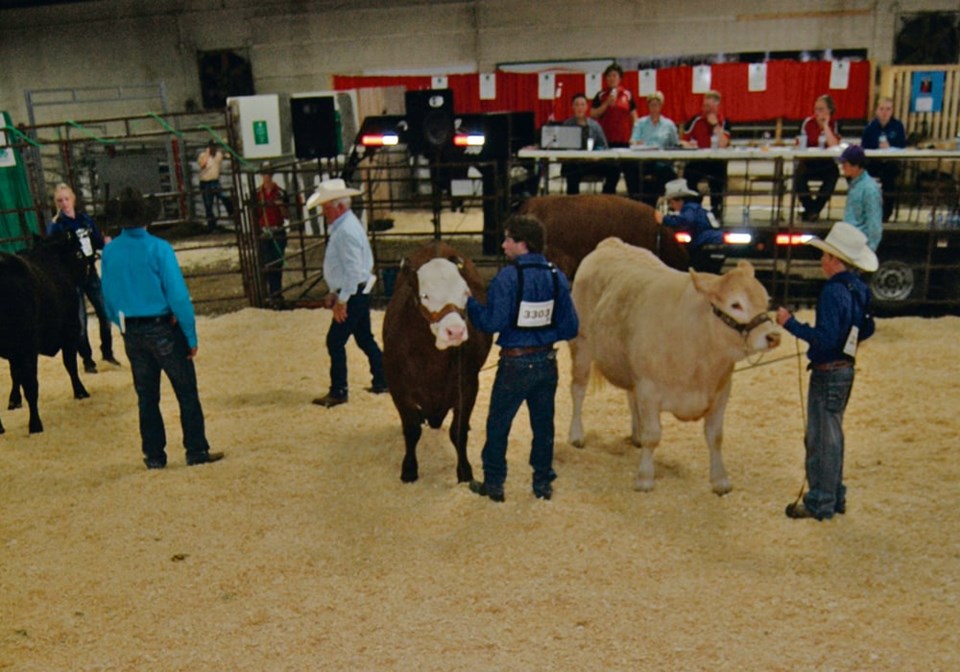WESTERN PRODUCER — The Canadian Association of Fairs and Exhibitions says proposed new federal traceability regulations will impede the ability of volunteer agricultural societies to hold events.
At issue is proposed changes under the Health of Animals Regulations, which would address what the government says are gaps in reporting movement of livestock. Even in areas that are covered under current regulations, the reporting time is too long, association members said.
Included in those changes would be the need for operators of fairs, exhibitions and veterinary clinics to report movement of cattle, sheep and hogs to administrators of identification programs within seven days.
But Tim Carson, chief executive officer of the Alberta Association of Agricultural Societies, said such regulations will stymie the ability of groups to hold events, especially smaller volunteer groups, including 4-H.
“We support livestock traceability. It’s not a question of whether or not it’s a good idea. It serves a great purpose for making sure our producers have markets, both foreign and domestic, to get their product to,” said Carson.
The problem with the new regulations is that in Alberta alone, there are 900 agricultural societies and facilities that hold volunteer-led events.
“Anytime a 4-H club is doing a beef or cattle show, anytime we have a rodeo or a penning or a roping or we’re having a fair, we tend to have livestock,” explained Carson. “What the new regulations are stating is that the facility owner is responsible for not only tracking and reporting on that animal being on their grounds, but they are also responsible for re-tagging an animal if it comes on their property.”
That requirement will be onerous and expensive, and not an appropriate use of the traceability program, said Carson.
“I think from an abattoir or auction mart standpoint, this regulation makes perfect sense,” he said. “For a volunteer organization which is actually supporting the producers in the show ring, providing opportunity for youths to be involved, a lot of that is overlooked on the grassroots of livestock.”
Carson fears some organizations will stop holding events if the rules become too troublesome. Even if the events continue, compliance enforcement will likely be an issue.
He said there is 100 percent compliance with the current premise identification number system by agricultural societies in Alberta, calling it a key component to traceability that allows for the owner of livestock to track down an animal and its movement.
If organizations simply choose not to follow such regulations, “then what we end up with is gaps in the system where we don’t know where the sites are, where we don’t know where that livestock was during a period of time,” said Carson. “We believe it is the livestock owners’ job to track that down.”
Agricultural societies in every province are jointly opposing the proposed new regulations, said Carson.
The new regulations are open for consultations until June 16.
The Canadian Association of Fairs and Exhibitions plans to share a position paper on the new regulations soon and host information webinars the week of April 10.




